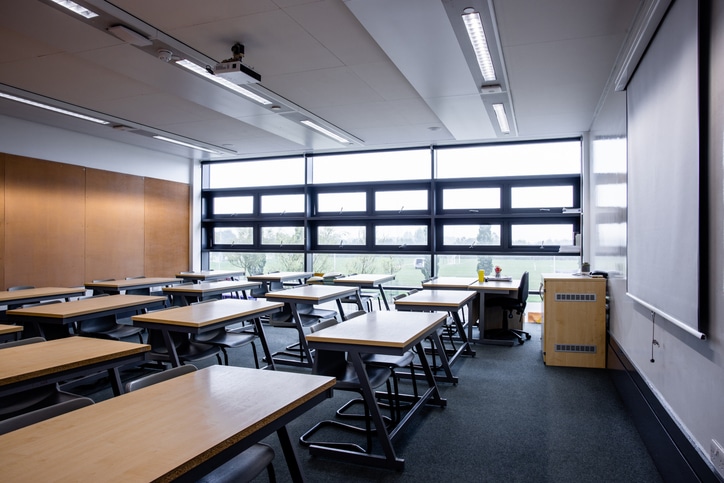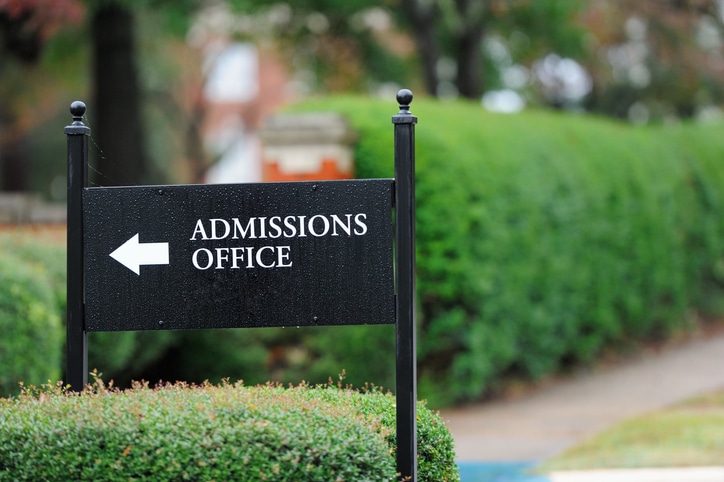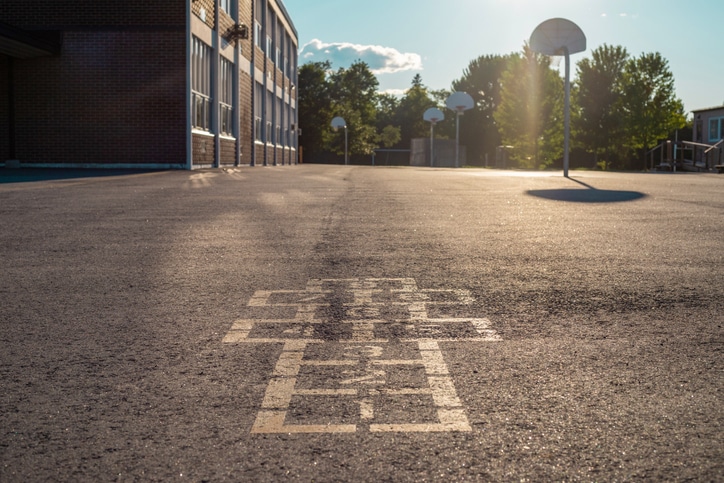The school you attend matters, but those from disadvantaged backgrounds are less likely to attend a top performing secondary school than their more affluent peers, even if there is one in their area. The key to unlocking the potential of disadvantaged young people lies in providing them with fair access to the best schools.
90% of secondary schools are their own admissions authorities and many have used this power to develop fair admissions policies, which enable pupils from a wide range of socio-economic backgrounds to attend their schools. Others have diverse intakes often as a result of the characteristics of their local area.
But our research has found that there are still many state comprehensive schools that are in effect socially selective, with admissions policies and the local housing market preventing many families from accessing their settings. We understand that schools might be keen to do more to make their schools more inclusive but are unsure of what to do or how to go about this. The Fair School Admissions Pledge is a programme to support school leaders to do just this.
Since the launch of The Fair School Admissions Pledge in March of 2024 we have worked with over 60 schools to review and improve their admissions processes. 80 schools have been recognised for their fair approach to admissions with the Fair School Admissions Award. We continue to look for forward-thinking, values-driven school leaders to join the Pledge and make change in their school.
"Completing the Fair Schools Admission Pledge at a MAT level signifies a commitment to equity and inclusion across all schools within the trust. It ensures that every child, regardless of background, has access to fair and transparent admissions processes, fostering a truly diverse and inclusive educational environment that benefits the entire community."
Gavin Smith - Safeguarding and Attendance Strategic Lead, Advance Learning Partnership
The benefits of changing the system
Fair access for pupils
Level playing field for school outcomes
Social diversity
Parental empowerment
Cost effective
Our offering to schools
The Pledge
The Trust will work with schools, Multi Academy Trusts and local authorities that commit to the Fair School Admissions Pledge to review their existing policies and make relevant changes to help improve the inclusivity of their schools.
Schools that sign up to the Pledge will benefit from online CPD and a wealth of templates and resources such as model policies and Fair Access Review proformas. Schools will also have the opportunity to connect with like-minded schools offer peer support and collaboration. The Pledge will be led by our own experts at The Sutton Trust allowing schools to access their knowledge and experience in Fair School Admissions.
At the end of the Pledge, Admissions Authorities can apply for the Fair School Admissions Award.
“It supported our core values and the work we have done since 2016 but more significantly since our expansion in 2020. The resources and opportunities provided were useful to support a review of this work and enhance our future work.” – Fair School Admissions Pledge School Leader
The Award
Some schools, MATs and Local Authorities are already making great progress on admissions. We want to recognise those successes through our Fair School Admissions Award.
If your school has already taken action to make your admissions processes fairer, simply request our short application form, in which you can attach relevant evidence on your school’s inclusive admission practices and include a brief reflection on the positive impact this has had on their school and wider community.
Bronze, Silver and Gold award categories will be available, to recognise the different levels of progress schools will have made, from reviewing intakes and policies, to making changes to admissions policies.
“This represents a positive shift in creating a diverse culture across our academy on admission showing how inclusion has changed over a 5 year period.” – Fair School Admissions Award Winner
Fair admissions in action
What the data says
The proportion of school leaders who think social segregation is a problem in state schools.
The proportion of parents who believe schools should have a fairer mix of pupils from different backgrounds.
The proportion of working class parents who say 'hidden costs' affect where they send their children to school.






